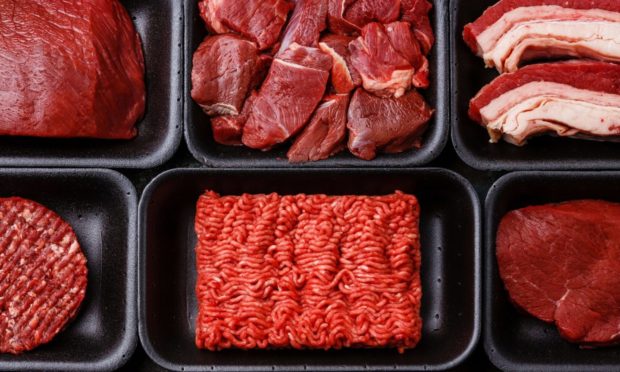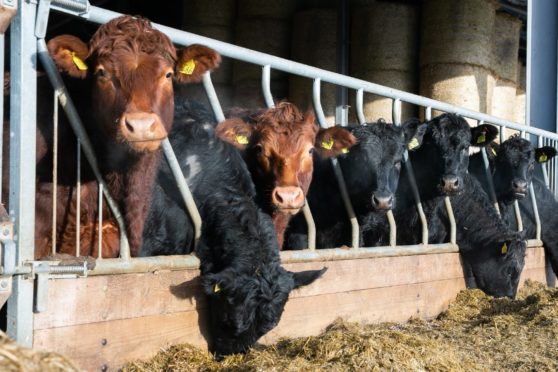Post-Brexit trade deals which lead to imports of foreign beef, even in small quantities, will put pressure on Scottish farmers, claims Quality Meat Scotland (QMS).
Analysis by the red meat levy body reveals the potential impact of future UK trade deals, including one with Australia, on the domestic market.
“With the UK and Australia entering the closing stages of negotiations on a free trade agreement and increased beef market access being a key offensive trade interest for the Australian side, one concern for many actors within the UK beef supply chain is that a zero-tariff zero-quota deal would make the UK a much brighter prospect for Australian exporters,” said QMS senior economics analyst, Iain Macdonald.
“Given that the UK is also at a late stage of talks with New Zealand, in negotiations with the USA, and consulting on updating continuity EU agreements with Canada and Mexico, there must also be a concern that offering such favourable terms to Australia would set a precedent for trade talks with other major agricultural exporting nations.”
Price differential
Mr Macdonald said countries seeking trade deals with the UK had much lower beef prices than those in Scotland.
He said the average Scottish price for a R4L steer at the end of May was £4.17 per kg, while the Australian equivalent was £3.52 per kg, prices in the USA are trading just under £3 per kg, and New Zealand steers are currently trading at the equivalent to £2.63 per kg.
Imports have accounted for around 30% of total UK beef market supply in the past decade, with imports from non-EU countries representing a very small proportion of this – 5.5% of total imports between 2016 and 2020.
“This product averaged 53% more expensive that imports from the EU between 2016 and 2020, at £5.87 per kg compared to £3.82 per kg, highlighting the different supply chains entered by these products,” said Mr Macdonald.
“A relatively small volume of beef from non-EU countries can therefore displace the higher value parts of a large number of home-produced beef carcases.”

